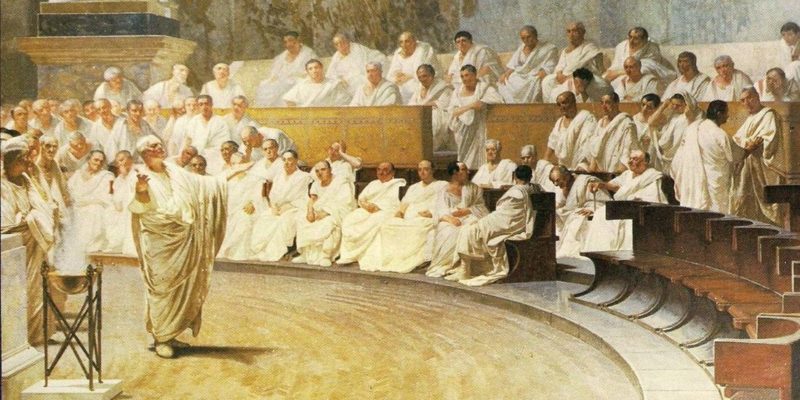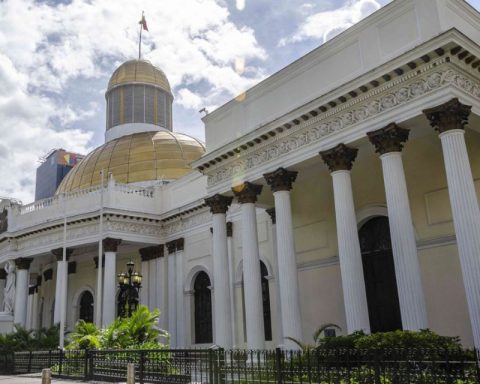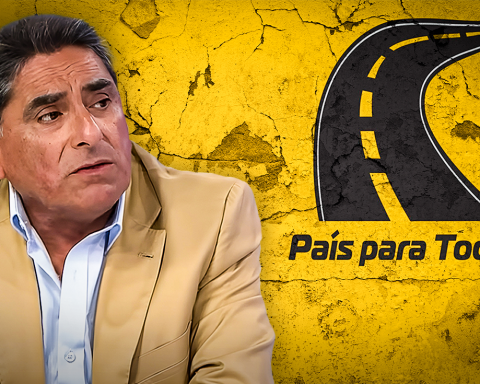
In these days when there is so much talk about the West, I want to remember the cradle and also the beacon of our great cultural and civilizational guideline, which is none other than classical Greece. It is said simplistically and abusively that the West has its origin in the battle of Marathon (490 BC), because in that decisive battle the Greeks defeated the Persians, and with this Greek culture was saved and could expand, at the cost of the oriental despotism represented for the vanquished Exaggeration, because the world of the Greeks was open to various influences, as the History of Herodotus shows us, I imagine a wise man with big owl eyes, who admired, absorbed and learned from everything he perceived on his long journeys .
To classical Greece we owe mathematics, philosophical knowledge, our ethical categories, scientific research, the aesthetic canons of sculpture and architecture, medicine, the overwhelming world of tragedy, and, not to go on abounding, the invention of politics. It is true that the hegemonic religion of the West came from the East and was not Greek, I am referring to Christianity, but its great philosophical constructions, represented by Saint Augustine and Saint Thomas Aquinas, could not be understood without its Platonic base in Saint Augustine, and without its Aristotelian base in the case of Doctor Angelico.
As far as politics is concerned, a discipline to which I have humbly dedicated my studies, the contribution of the Greeks has been and continues to be fundamental. Democracy is a genuinely Greek, and more particularly Athenian, form of government. Its core principles are still fully valid, above all because democracy means the government of the people, and for nearly 150 years, the Greeks demonstrated that under it the noblest ideals known to man could flourish. Indeed, two concepts that cannot be translated into Spanish support the idea of democracy, be it the ancient or the modern: “isegoria”, which we can translate as the right of all to speak in the assembly, that is, the right of all to participate in political decisions; and the “isonomia”, or principle of equality of citizens, regardless of their birth or possession of wealth. The words of the Funeral Oration of Pericles resonate emotionally today as they did yesterday:
“The administration of the State is not in the hands of a few, but of the people, and therefore democracy is its name. In private matters, everyone has equal guarantees before the law, and it is the particular prestige of each one, not his affiliation to a class, but his personal merit, which allows him access to the magistracies, nor is the poverty of anyone, if he is capable of rendering a service to the country, nor his dark social position, are for him an obstacle”.
Another key concept of politics, both ancient and modern, has its creation in the Greeks: citizenship, which in the Greeks is linked to three central ideas of full force, equality, freedom and the value of participation. To this I would like to add that in the history of the West, from antiquity to the present day, the most influential book, the one that aroused the most interest, the one that served as support for various arguments of political and institutional debate, and also fully valid, is the work of a Greek who lived in the fourth century BC, and who is none other than Aristotle and his monumental work, Politics.
I wish to end this short dissertation with a long quote full of merits, written as the final words of Edith Hamilton’s beautiful book, the path of the greeksbecause it interprets what I want to transmit in admiration to the Greek people, and in a particular way to its beacon city of light and wisdom par excellence, Athens:
“For a hundred years Athens was a city in which the great spiritual forces that were in the minds of men flowed together in peace; law and liberty, truth and religion, beauty and goodness, objective and subjective: there was a truce in their eternal war, and its results were balance and clarity, harmony and wholeness, what has come to represent the Greek word. They saw both sides of the paradox of truth, without giving dominance to either side, and in all Greek art there is an absence of struggle, a reconciling power, something gentle and serene that the world has not seen since.”


















